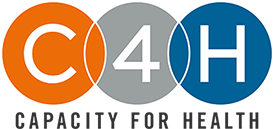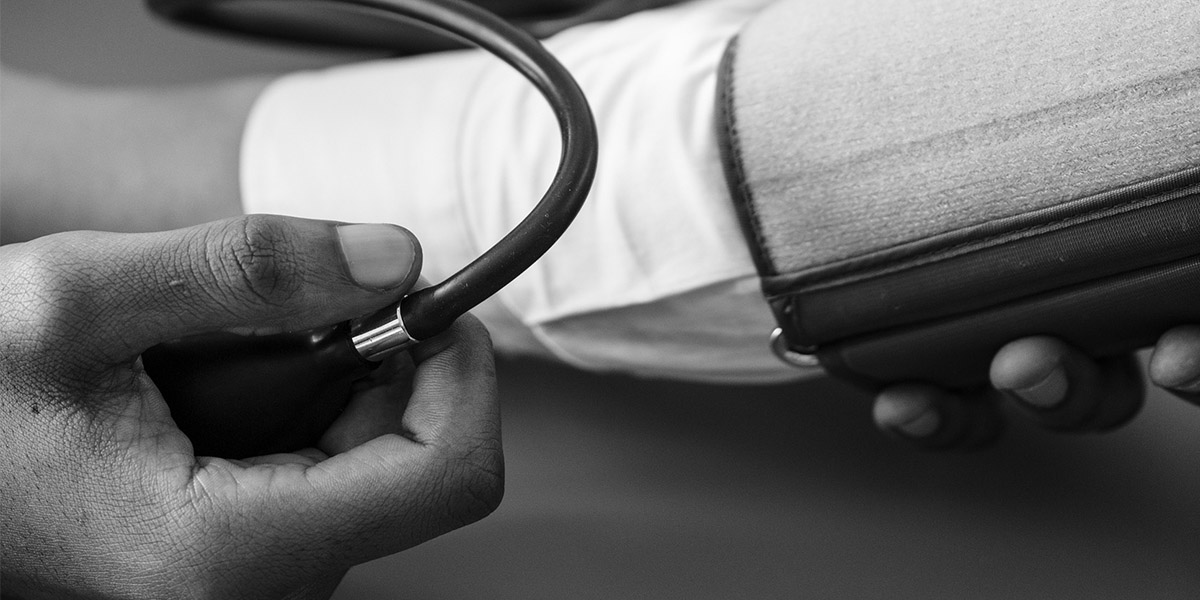HIV testing in non-clinical settings remains an important component in the care continuum. CDC HIV screening guidelines underscore the importance of screen early and often, and mobile HIV testing offers an effective route to achieving this goal.
Testing in the field should be simple and straightforward, optimizing accessibility by mitigating barriers and supporting patients through screening, follow-up, prevention, and treatment. Mobile HIV screening units can reach broader groups of those who may be at risk, but less likely to visit a clinic for a test or services. These rolling clinics make it easier for patients to access services during non-business hours or in locations without a central clinic, especially in rural or high-needs communities.
This strategy doesn’t come without challenges, however. Proper training and safety measures for staff are essential to effective and safe operations. Here’s a primer on how healthcare organizations can set up mobile HIV testing.
Getting Started with Mobile HIV Testing
When developing a mobile HIV testing strategy, organizations must determine the locations in which the service will have the greatest impact. Organizations can partner with local healthcare providers to determine the best places to reach high-risk, underserved populations. In rural communities, utilizing vans or trucks allows for quick testing across a range of locations. Mobile units allow testing in remote or hard-to-reach areas and screening of patients who might not otherwise be able to visit a clinic.
Mobile units can be used to visit sites where high-risk populations are known to be, such as public sex venues, truck stops, weigh stations or adult bookstores. A van or truck set up with private testing rooms may also be driven to healthcare events, neighborhood festivals and other events, where the unit can be used for screening, counseling and proving education to the community.
HIV Testing in the Field
Once a patient has entered the unit, staff should introduce themselves and provide a brief overview of how the session will go, and describe what to expect from the testing process. This explanation should include:
- Type of HIV test used
- Specimen type collected
- How long until results are available
- Negative/positive results, including the need for re-testing, the possibility of invalid results, and the need for follow-up
When staff obtains consent from the patient, they can collect specimens and conduct the HIV test. While waiting for test results, staff can conduct a screening. This may cover:
- Potential exposure in the past 72 hours
- Potential exposure over the past 3 months
- Existence of symptoms
- Ongoing risk behavior
- Membership in key risk populations
Once test results are available, staff can provide an explanation and next steps:
- HIV-Negative. Discuss the necessity for re-testing based on risk and prevention strategies; provide condoms
- HIV-Positive. Discuss the need for follow-up tests, disclosure and partner services, how to access healthcare, and transmission-reduction strategies; provide condoms
After discussing the results, staff should provide the patient with resources to access further medical care, and social or behavioral service referrals as needed.
Field Work Tips
When staff are in the field in a mobile testing unit, outreach safety is key. All staff should be properly trained and armed with clearly defined policies and procedures to keep them, and their patients, safe.
All staff members should work in pairs or as part of a team. Collaborating means there’s always someone there to help out, as well as another person to remain aware and help judge the situation. Teams should come up with a safe word that indicates it’s time to go, as well as a safe place to meet up.
Getting to know the community — and the “gatekeepers” within it — helps build relationships of trust. Gatekeepers can help you identify populations to help, assess safety, watch out for your well-being, and vouch for you with other community members. Blending in can help this process and prevent staff from presenting as being “above” community members.
Finally, being consistent, trustworthy and ethical is key to building relationships within the community. With proper training and education, mobile testing unit outreach staff can make a real difference.
Capacity 4 Health is here to help your organization grow! Learn more by contacting C4H today.




